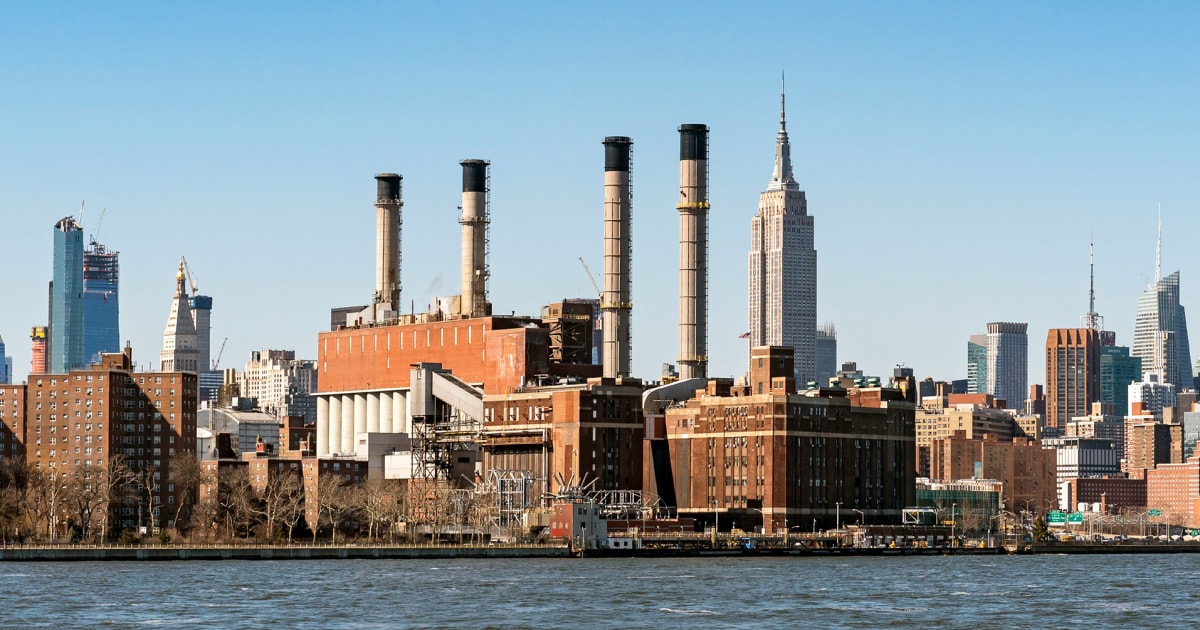He cites Christmas Eve 2022 as a “wake-up call.”
Plunging temperatures led to high demand for heat and electricity from Con Ed’s customers. Con Ed both provides electricity to 3.6 million customers and makes steam in a Manhattan steam and power plant to heat office and apartment buildings directly via a network of underground pipes, a system used in many older U.S. cities. But Con Ed had been having trouble getting enough natural gas from its own suppliers, and the lack of gas — and the effect of cold temperatures on the gas inside the pipelines — meant it was hard for the utility to meet the public’s demand for power and heat.
“We did not think we would have enough natural gas to supply our customers,” said Ketschke.
Power plants across the eastern U.S. throttled back, blacking out homes in multiple states. Con Ed, the city of New York and other municipalities sent warning texts to residents.
If the pressure in the natural gas pipeline dropped too far, the whole power grid would be threatened, and homes using gas for heat might suddenly be without. For safety reasons, gas suppliers have to shut off gas to homes when the pressure drops. Gas service would have to be restored, and pilot lights relit, “home by home,” said Ketschke.
But grid failure was averted, power was restored and natural gas service to homes was maintained.
In 2021, a storm left more than 4.5 million without power in Texas. The grid continued to function, but an investigation by the Federal Energy Regulatory Commission found that the grid was within nine minutes of a failure that would have blacked out all of Texas.
Natural gas has become a preferred option for powering electrical grids in the past several decades because it costs less than coal and is more efficient, according to the Federal Energy Regulatory Commission. It had displaced coal as the main source of power for the electrical grid’s power plants by 2016. A nonprofit entity that works with FERC said it expects natural gas to increase its contribution by several percentage points in the next decade. Renewable energy will shoulder more of the load, but coal will decline steeply.
The nonprofit said in 2013 that steps needed to be taken to ensure a reliable supply of gas, because “the combination of growth in natural gas demand within the electricity sector and its changing status among the gas‐consuming sectors continues to significantly increase the interdependencies between the gas and electricity industries.”
FERC recommends that utilities invest in winterizing the natural gas system, lawmakers establish tough reliability standards, and gas companies and utilities improve their cooperation.
After its close call in 2022, Con Ed switched its Manhattan steam and power plant over to oil as a safeguard. But the company knows that every polar vortex still poses a risk.
“These very cold events are impactful in being able to maintain continuity of energy supply,” said Ketschke. “I think this is critical. it’s part of our job as utility producers just to make sure we can do that for the citizens we serve.”
